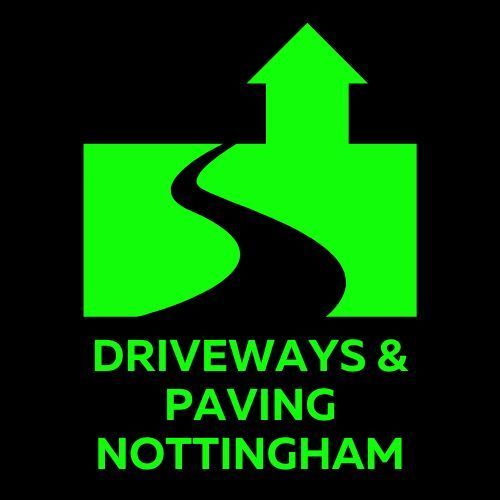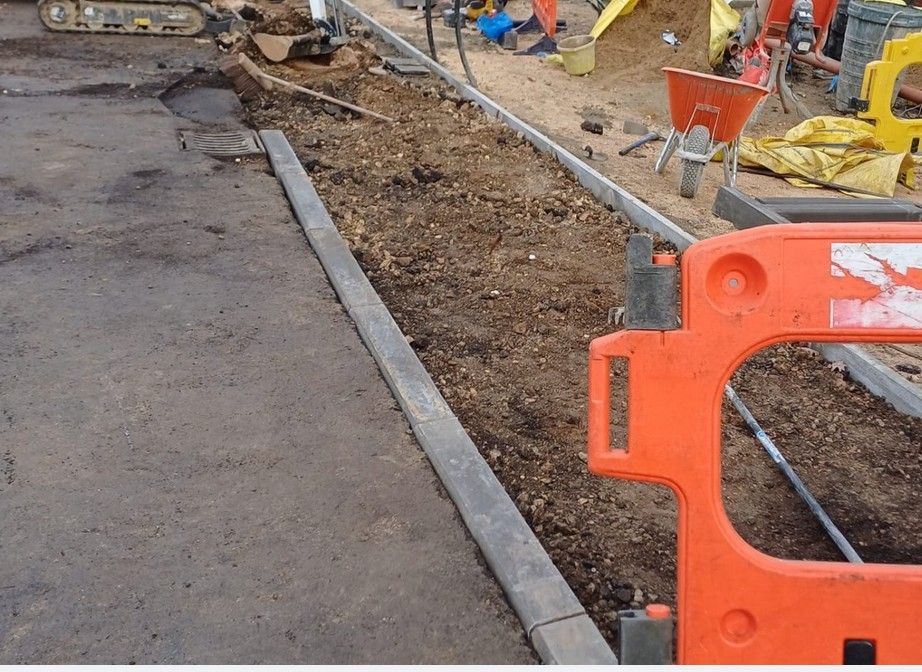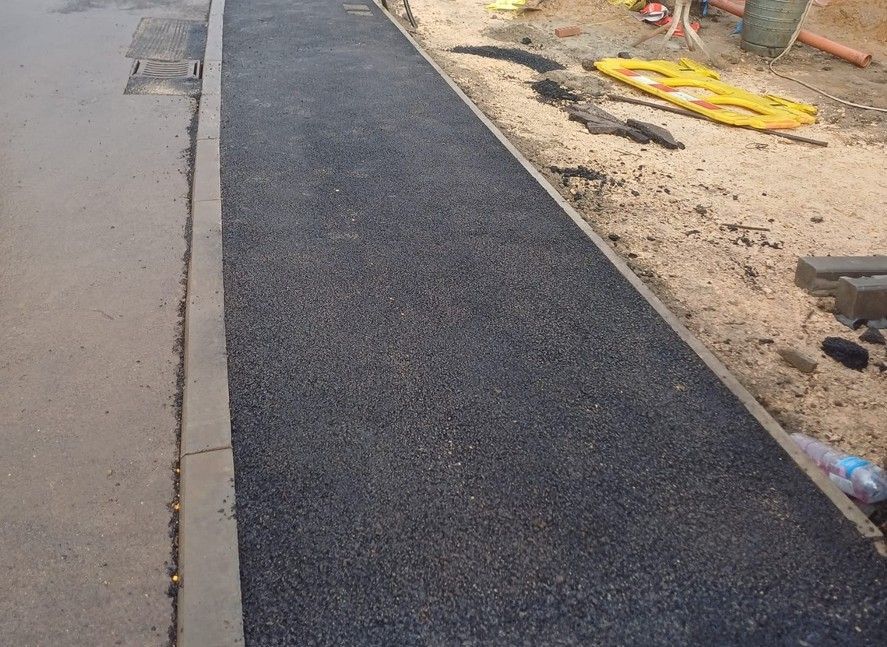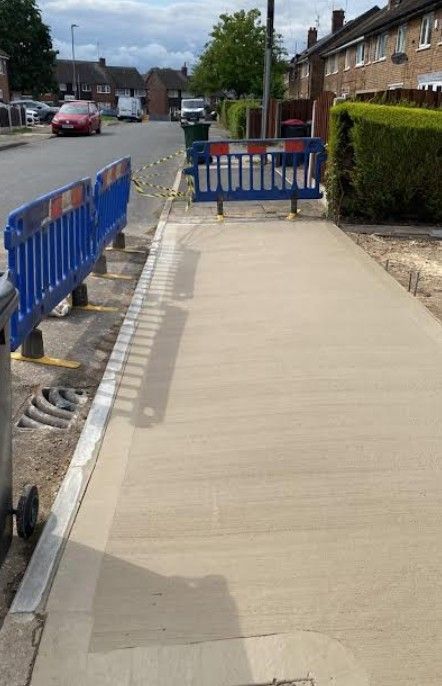Dropped Kerb Nottingham
Need to drop your kerb in Nottingham?
Contact Driveways & Paving Nottingham today for a free quote to get your kerb dropped by driveway professionals
INCLUDE A PHOTO & MEASUREMENTS FOR A QUICK PROVISIONAL DROPPED KERB QUOTE
SEND ANYTIME 24/7
Dropped Kerb
Drop Kerb Nottingham
Dropped kerbs, also referred to as kerb ramps or lowered kerbs, are lowered sections of the pavement serving as convenient access points. They facilitate car access to driveways and assist individuals using mobility aids such as wheelchairs and pushchairs.
As experienced dropped kerb contractors in Nottingham, we are an ideal choice if you have or are about to change the access and driveway at your property.
However, we cannot install one solely at your request. Prior to any construction activities, you must obtain permission from the council. There is a fee for your application. Currently, a little over one hundred pounds for domestic applications and over two hundred pounds for light industrial applications.
If you haven't already obtained permission it we would advisable to do so first before arranging quotations. It is worth asking ow long before you should expect a decision from them as sometimes backlogs can run into months! While this waiting period can be frustrating, it is essential to adhere to the proper planning channels so that once approved all parties can progress without challenges.
Dropped Kerb Contractors near me
If you are looking for dropped kerb contractors near me in Nottingham, simply contact us any time of the day or night through our contact form
Dropped Kerb Options
In the UK, there are two main types of dropped kerbs. The first type is a tactile dropped kerb. This type has a textured surface designed to assist visually impaired individuals. It features a series of raised bumps or bars that can be detected by a cane or felt underfoot.
The second type is a standard dropped kerb and are the dropped kerbs we specialist in as these are the ones residential home owners normally require. This is a lowered section of the kerb that facilitates easier access for vehicles. Unlike tactile dropped kerbs, standard dropped kerbs lack a textured surface. However, they provide a level surface for safe road crossing point for members of the public who may struggle to get up a normal kerb. The primary purpose of standard dropped kerbs is to allow vehicle access to driveways from the road.



